![]()
Read about
Mental Health and Climate Change
More and more people around the world - particularly young people and those most affected by the impacts of climate change and related crises - are struggling to stay hopeful about the uncertain and changing future. Living in this era of ‘wicked problems’ is impacting people’s mental health.
For Winnipeg student Maria Farag, climate change makes it challenging to make plans for the future. “Usually when you make a plan, it’s because you have a future,” says Farag. “But if everything around you is already falling apart, what’s the point?” The nineteen year-old says she feels like she’s living in a “real-life post-apocalyptic movie”.
Read about
Taking Action on our Climate Emotions
Climate change is a daunting and complex threat that can lead to distressing emotions, such as anxiety, depression, grief and hopelessness.
Since climate change is a long-term threat, we must learn to cope with the potentially difficult emotions that it may cause to ensure our well-being over time. If we learn to manage these feelings, we can recognize them as signs of our compassion and connection to the world around us, and harness them as important motivators for taking action on climate change.
Video
Overcoming Climate Anxiety
A father's journey through climate emotions
Dustin Thiesen’s concerns about climate change escalated into serious anxiety and depression after his son was born. “Sometimes I fall back into that depressive state,” he says, “but I always find a way to pull myself back out.” Dustin shares his story of working with these difficult emotions, moving through the dark times, and finding the motivation to be part of the solution.
Video
Wildfires and Community Health
Mental health and collective resilience
When wildfires are at your community’s door, there’s only one thing to do: evacuate. As communities are uprooted and fires are being fought, people are put under extreme stress that leads to both short- and long-term mental health impacts.
Under climate change, we’ll be seeing more and more wildfires, so it’s vital that we address the links between wildfires and mental health.
In this video, we hear from experts and evacuees about what’s needed to tackle the social implications of wildfires. We can build more robust health systems, better manage our forests, and create resilient communities that are ready to take on the challenge of climate change.
Video
Why Hope Matters
How to stay hopeful amidst the climate crisis
With the existential threat of climate change, it’s only natural to feel overwhelming emotions of anxiety, fear, or anger. But at the same time it is critically important to find sources of hope that can allow us to imagine a better future and work towards it. In this video, author and expert Dr. Elin Kelsey explains the importance of being hopeful and offers tips on where to look for motivation in difficult times. For Kelsey, hope is a “brave political act” that requires courage and commitment in the face of uncertainty.
Video
We Didn't Start the Fire
Youth Activism, Climate Crisis and Mental Health
What can you do when everyday you wake up and don’t know what the future will look like? When everything around you is already falling apart. When your generation's future is having to deal with the climate crisis. Youth activists talk about connecting and organising with other young people as a way to channel climate anxiety and despair. Hope is active and lies in the community.

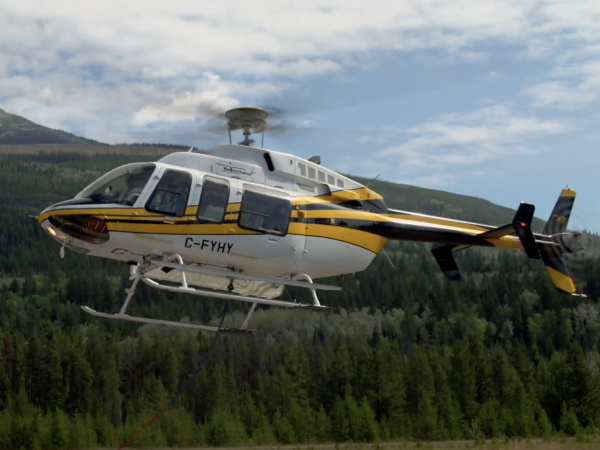
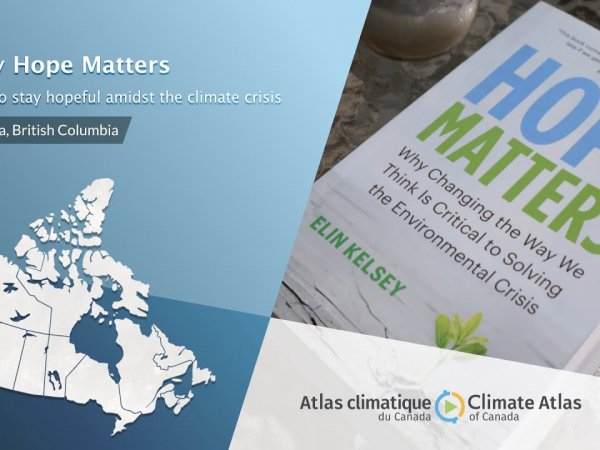
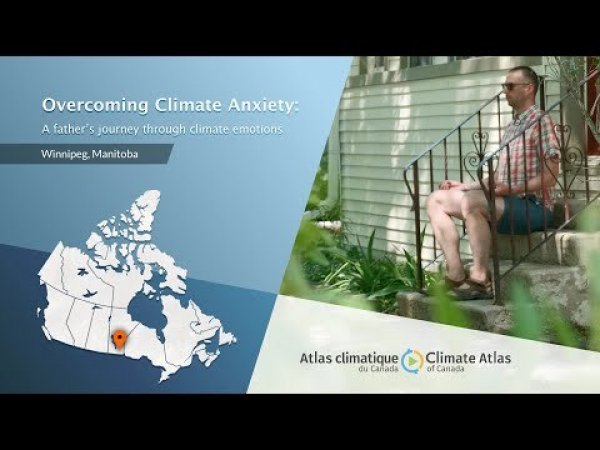
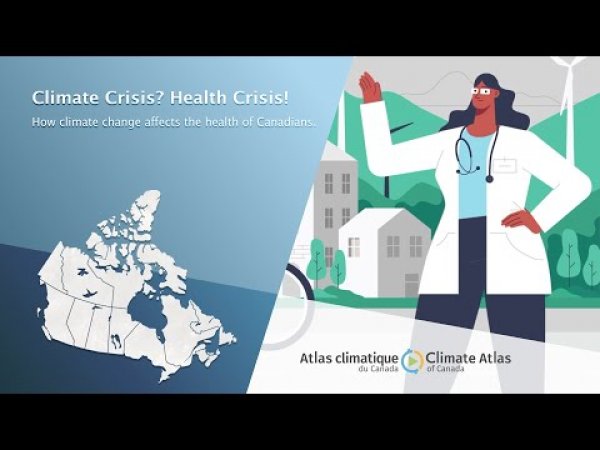
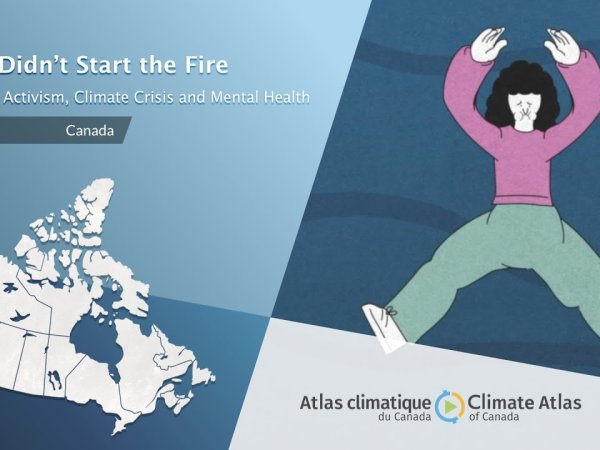
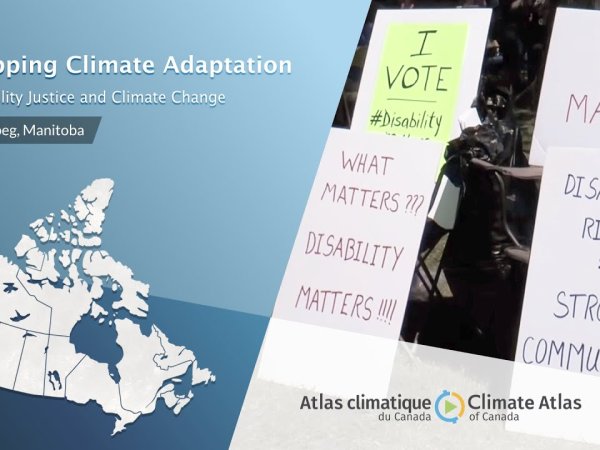










.png)


